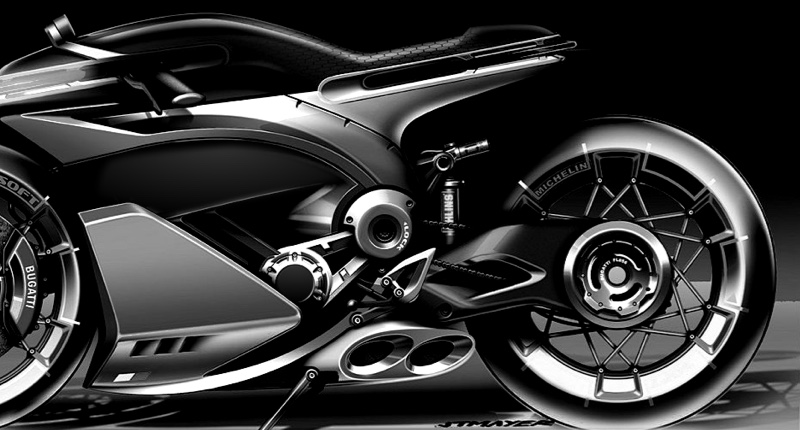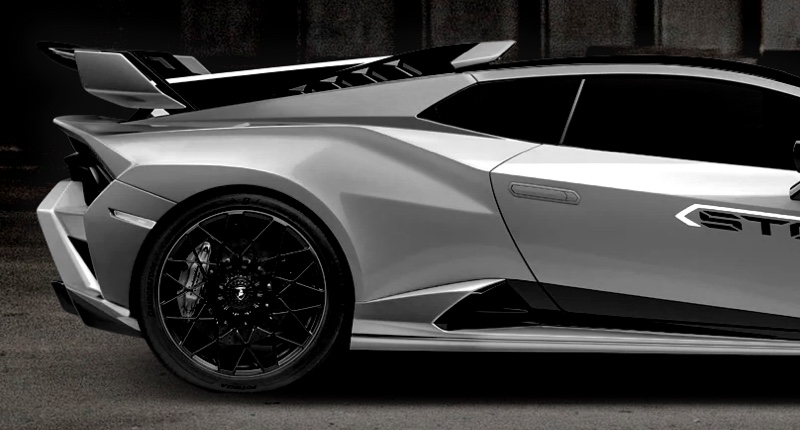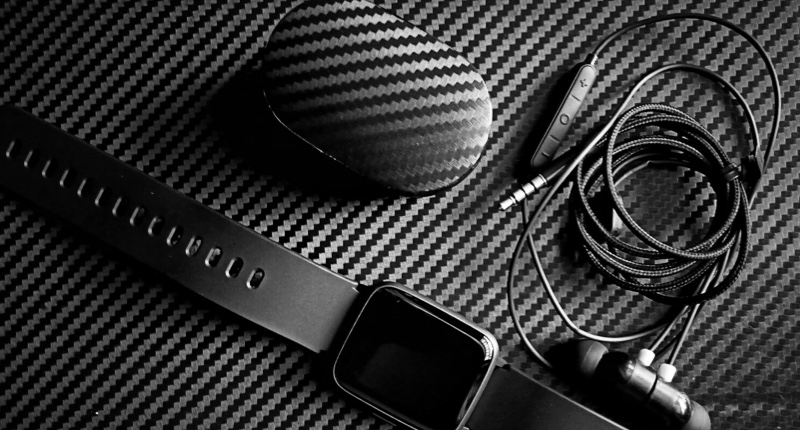CFRP vs Pre-Preg Carbon Fiber: What's the Difference?
CFRP vs. Pre-Preg Carbon Fiber: What's the Difference?
Carbon fiber is a highly sought-after material in industries ranging from automotive to aerospace due to its exceptional strength-to-weight ratio. Within the realm of carbon fiber materials, two terms often arise: CFRP (Carbon Fiber Reinforced Polymer) and Pre-Preg Carbon Fiber. While they are related, they refer to different stages and types of carbon fiber products, each with unique characteristics and applications.
Understanding CFRP
CFRP, or Carbon Fiber Reinforced Polymer, is a composite material composed of carbon fiber reinforcements embedded in a polymer matrix. This combination creates a material that is both incredibly strong and lightweight, making it ideal for high-performance applications. CFRP is commonly used in the production of structural components for cars, aircraft, and sporting equipment, where strength and weight are critical factors.
The manufacturing process of CFRP typically involves layering sheets of carbon fiber fabric, which are then impregnated with a resin (usually epoxy) and cured to form a rigid structure. This process allows for the creation of complex shapes and structures that maintain high tensile strength and stiffness. Once cured, the CFRP component is ready for use and exhibits the durability and performance characteristics that make it so valuable in demanding applications.
What is Pre-Preg Carbon Fiber?
Pre-Preg Carbon Fiber, on the other hand, refers to carbon fiber fabric that has already been impregnated with a specific amount of resin, typically in a controlled factory environment. The term "pre-preg" stands for pre-impregnated, meaning the fabric comes pre-coated with resin, ready to be laid into molds and cured. Pre-preg carbon fiber offers precise resin content, which leads to consistent quality and performance in the final product.
The advantage of pre-preg materials is the level of control they offer over the manufacturing process. Since the resin content and fiber alignment are pre-determined, pre-preg carbon fiber allows for uniform production with minimal waste. This results in higher-quality components with predictable mechanical properties, making it a preferred choice for applications requiring exacting standards, such as aerospace, motorsports, and high-end consumer goods.
Key Differences
The primary difference between CFRP and pre-preg carbon fiber lies in the manufacturing process and the stage at which the resin is introduced. CFRP involves the manual impregnation of dry carbon fiber fabric with resin during the manufacturing process, while pre-preg carbon fiber comes with the resin already infused.
In summary, both CFRP and pre-preg carbon fiber offer significant advantages, but the choice between them depends on the specific requirements of the application. CFRP offers versatility and can be tailored during production, while pre-preg carbon fiber provides consistency and precision, making it ideal for high-performance and high-precision applications.
Xiaomi SU7 Carbon Fiber Aerodynamic Body Kits Testing feedback.
Supreem Carbon new engine cover released!
100% Carbon fiber dash panel and window door trims set for NSX
Supreem Carbon New arrivals alert!
Lamborghini Urus engine compartment carbon fiber kit released by Supreem Carbon.
Supreem Carbon new bike carbon fiber parts development plan.
For After-sales Service
Do you offer the fitting advice?
Of course! If you have any questions, please contact us on info@supreemcarbon.com.
Do you offer a warranty?
Six month standard warranty on all products. Damage due to installation error or natural elements will not be covered.
How can I cancel the order?
We may only cancel your order if it has not been fulfilled yet. We would be more than happy to assist you with any adjustments if you'd wish instead!
For Carbon Fiber Material
What are the advantages of carbon fiber?
High Strength-to-Weight Ratio
It is stronger than many traditional materials, such as steel and aluminum.This high strength-to-weight ratio allows for the creation of lightweight components that maintain structural integrity and durability.
Lightweight
One of the most significant advantages of carbon fiber is its low density, contributing to lightweight structures. This property is particularly crucial in industries where weight reduction is a priority, such as aerospace, automotive, and sports equipment.
Resistant to corrosion and chemicals
Carbon fiber is inherently resistant to corrosion, making it an ideal material for applications exposed to harsh environments or corrosive substances. This property contributes to the longevity of components and reduces maintenance requirements. Carbon fiber has good chemical resistance, making it suitable for use in environments where exposure to chemicals or harsh solvents is a concern. This resistance enhances the material's durability in various industrial settings.
Tolerant of high temperature
Carbon fiber exhibits excellent thermal stability and resistance to high temperatures. This makes it suitable for applications where components are exposed to elevated temperatures, such as in the aerospace and automotive industries.
Low thermal expansion
Carbon fiber has a low coefficient of thermal expansion, meaning it expands or contracts minimally with changes in temperature. This property contributes to dimensional stability, making carbon fiber components reliable in varying temperature conditions.
Aesthetic Appeal
Carbon fiber has a modern and high-tech appearance, contributing to its aesthetic appeal. This property is leveraged in consumer goods, automotive components, and sporting equipment where visual appeal is important.
For Facotry
Supreem carbon main competitive advantages.
Rich experience
Over 10 years production experience in carbon fiber industry, providing customers with high quality carbon products.
Excellent service
From new project development to customer finished product delivery, we provide customers with full tracking and timely feedback on project progress.
High-Quality Products
Our carbon fiber products undergo rigorous quality control to ensure customers achieve the high quality and cost-effective product.
Ducati Monster 937 Carbon Fiber Rear Fender
BMW S1000RR Carbon Fiber Front Fairing Cowls Custom
Honda NSX Carbon Fiber Interior Door Handles Replacement
Ducati 848/1098/796/1198 Carbon Fiber Tail Cowl
Leave a message
Have a question or inquiry about our carbon fiber composite products? Leave us a message here and our team will get back to you promptly.
Whether you're interested in custom orders, technical specifications, or partnership opportunities, we're here to assist you.
Please fill out the fields above with your name, email address, and message.
© 2024 Supreem Carbon All Rights Reserved. Designed by gooeyun















Facebook
Pinterest
LinkedIn
Instagram